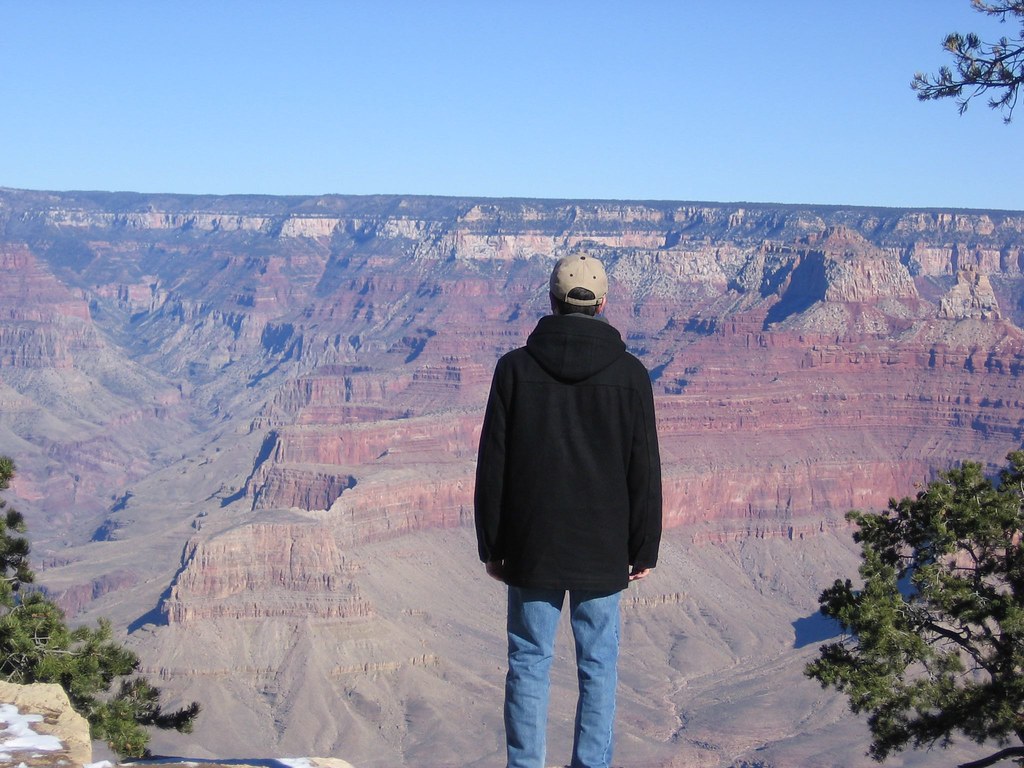So one thing that tends to interest me is when pieces of information from two generally unrelated areas of knowledge intersect. I feel like it validates the idea itself, and gives us a brief glimps of how interconnected everything really is.
So here's one example. The sense of smell occupies an interesting place in the realm of human experience. It has been shown that while smells are not better at evoking memories than other senses, they evoke memories more intensely. For instance, if you smelled your grandmother's perfume, you might be able to imagine she's in the room with you. Not so by looking at a picture of her, or hearing a recording. In fact, and I cannot give more details than I can remember from the brief talk I heard, physiologically, the olfactory nerve (the one that conveys smell) has a more direct connection to the brain than the other senses do.
When I learned all this (in a guest lecture by Jofish Kaye), I was reminded of my first visit to the Holocaust Museum in Washington. For those of you who have never been there, there is a cattle car that was used to transport Jews to the camps, set up so that you have to walk through it in order to progress through the museum. I was walking, and a teacher nearby leaned down to smell the cattle car. Perplexed, I asked him why he did so. He explained that four of the five senses were used in the first sin of Adam and Eve, tainting all of them, but leaving smell untainted. In Jewish tradition, smell is therefore considered the most "spiritual" or "pure" sense. (For instance, according to the Talmud (Sanhedrin 93b), the Messiah will be able to judge people by smelling them.)
So both scientists and rabbis have declared smell to be a peculiarly powerful sense, more pure in its effect and more evocative in its scope. Interesting collision of information, no?

0 people hopping:
>> Join the fray <<